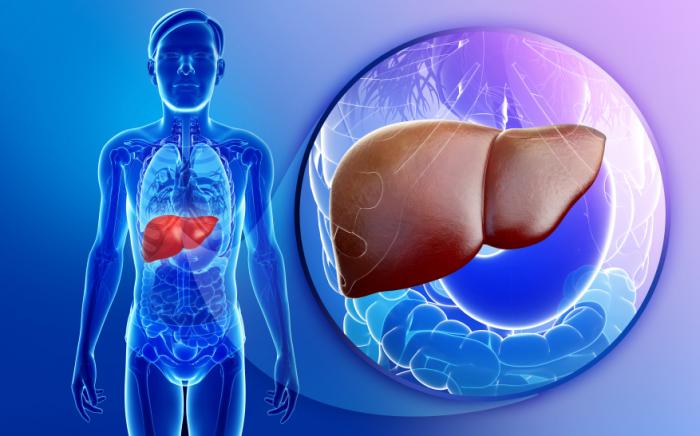Study shows High Fat and High Cholesterol Diets lead to Non-Alcoholic Steatohepatitis (NASH) Disease.
Source: University of Southern California Dec 28, 2018 7 years, 1 month, 3 weeks, 3 days, 18 hours, 2 minutes ago
A new study by Keck School of Medicine of USC researchers shows there's yet another reason to avoid a high fat, high cholesterol diet: It can trigger changes in the immune system that lead to a serious form of non-alcoholic fatty liver disease (NAFLD) known as non-alcoholic steatohepatitis (NASH).
NAFLD is one of the most common causes of liver disease in the United States, and an estimated 20 percent of people with NAFLD have NASH. NASH can eventually progress to cirrhosis or liver cancer, especially in those with obesity or
Type 2 diabetes. Patients with NAFLD are also at an increased risk of cardiovascular disease.
"Despite its increasing prevalence and burden to the
health care system, there are currently no U.S. Food and Drug Administration-approved therapies for non-alcoholic fatty liver disease.” says the study's corresponding author, Hugo Rosen, MD, professor and chair of the Department of Medicine at the Keck School. "There's an urgent need to better understand the causes of non-alcoholic fatty liver disease progression so that successful therapeutics can be designed and brought into clinical practice.”
The study, published in
Hepatology, illuminates how a toxic combination of dietary fat and cholesterol impacts the behavior of macrophages, a type of white blood cell, in the liver. Using a mouse model, the study details the cascade of events in the immune system that eventually leads to the type of liver inflammation and scarring that is commonly seen in patients with NASH.
After feeding mice diets with varying levels of fat and cholesterol, the team found that the combination of both had a synergistically detrimental action on the genes regulating liver inflammation and scarring. Oxidized low-density lipoprotein cholesterol, in particular, directly altered gene expression in both human and mouse macrophages associated with inflammation and scar formation.
The group also identified a novel type of reparative macrophage that counteracts the inflammation.
"Not only does this study define how fat and cholesterol shape the progression of liver inflammation and scarring, but it also identifies potential pathways that can be targeted for future therapies. That could bring us closer to finding a treatment for a disease that impacts millions of lives around the world," he says. "Here at the Keck School, we are committed to building a cutting-edge research and clinical program that identifies mechanisms of NASH, non-invasive approaches for diagnosis and risk stratification, and clinical implementation of novel strategies for treatment."
Reference: Brett McGettigan et al, Dietary Lipids Differentially Shape NASH Progression and the Transcriptome of Kupffer Cells and Infiltrating Macrophages, Hepatology (2018). DOI: 10.1002/hep.30401
